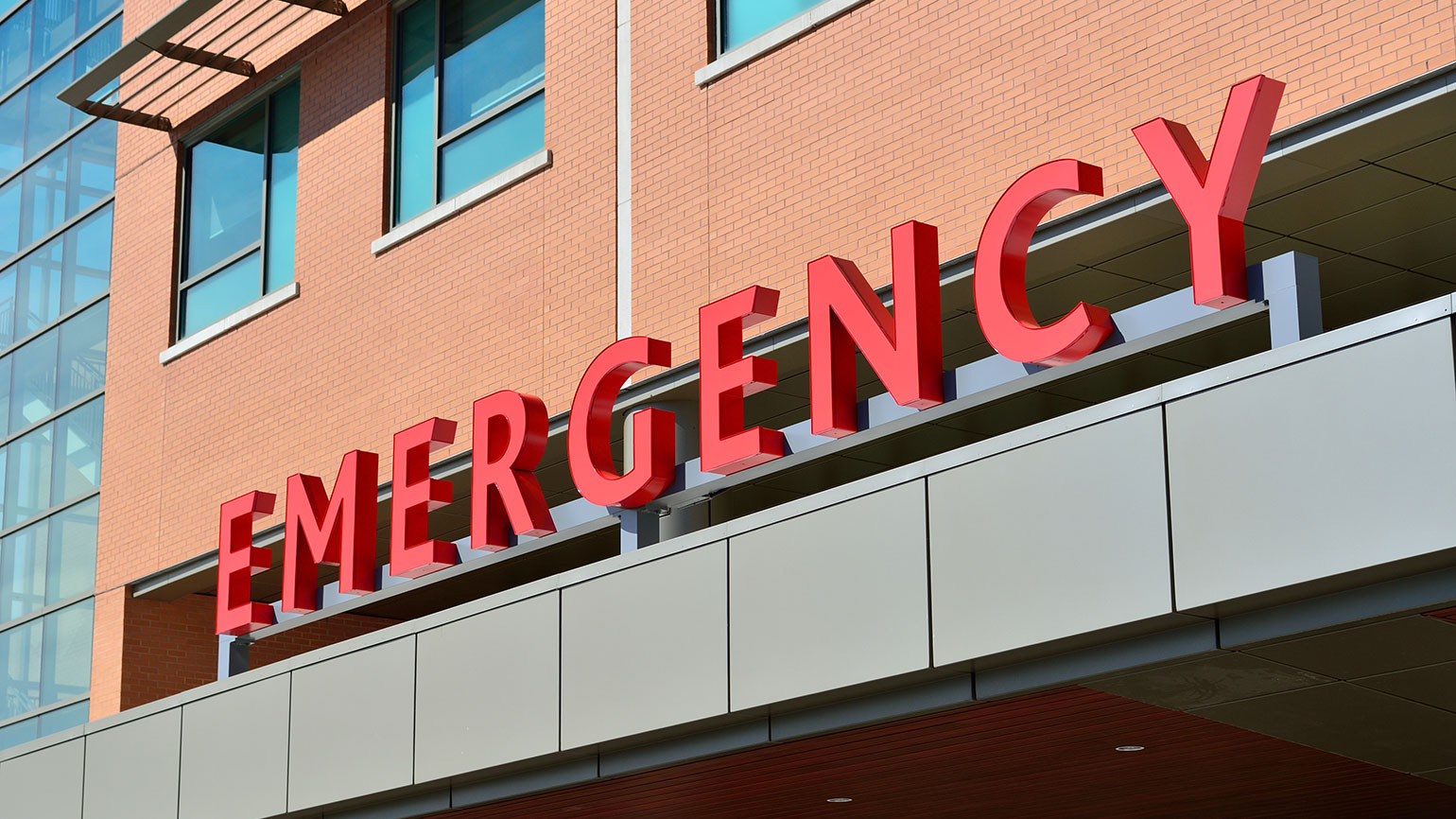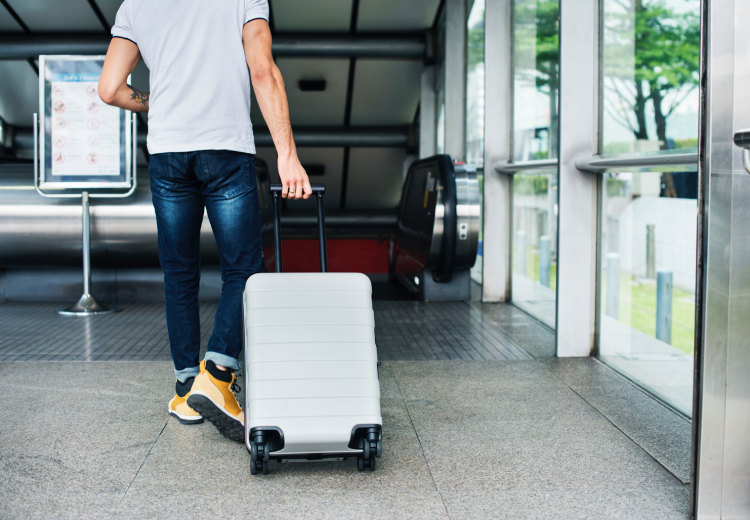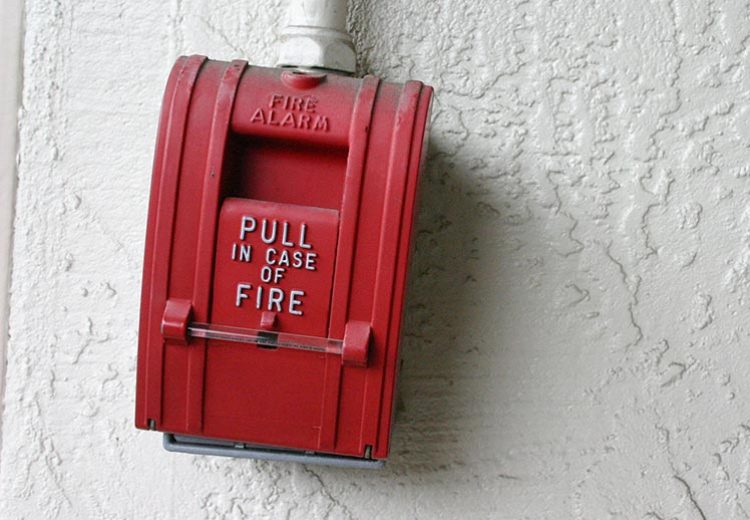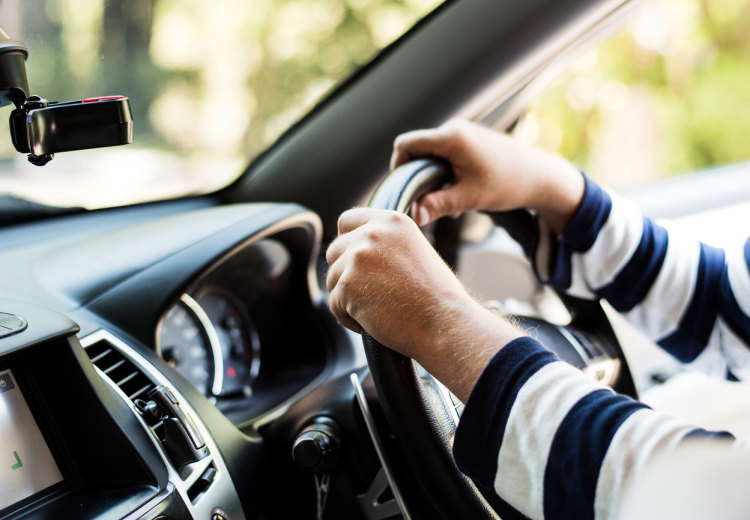
While the chances of being caught up in a major emergency or disaster are low, it can happen! This information prepares you to better protect yourself and others.
What is a Major Emergency?
A major emergency is something that requires special arrangements to deal with, such as:
- Serious transport accidents (plane, roads & shipping)
- Extreme weather (storms, flooding)
- Major crime/terrorism/public disorder
- Explosion/fire/industrial accident
- Toxic chemical spillage/radioactive release
- Shortages of essential supplies (water, food, power)
- Infectious disease outbreak in humans (pandemic influenza) or animals (hand-foot-and-mouth disease)
The States of Jersey is working hard to ensure that Jersey is as prepared as possible in the event of an emergency, and it is important that you are ready too. Being informed and prepared can significantly reduce the risk to life and property.
We aim to save lives, contain hazards, protect the public and return to normality as soon as possible. That task is made much easier if the public know what to do in an emergency. This information will tell you how to help yourself and your family in case of an emergency. Much of it is based on common sense and has saved lives in the past.
Emergency Contacts & Broadcast
For urgent assistance, always dial 999 for Police, Fire, Ambulance or Coastguard!
In the event of fire, GET OUT and STAY OUT. Otherwise GO IN, STAY IN and TUNE IN.
Emergency information will be broadcast on:
- BBC Spotlight ‘Channel Islands’
- Channel Television
- BBC Radio Jersey on 1026 khz/292 meters or 88.8 FM
- Local Commercial Radio ‘Channel 103’ on 103.7 FM
- News, Sports and Information from the Island of Jersey
For further information, please visit: States of Jersey Emergency Planning
Or contact:
The States of Jersey Emergency Planning Officer
Community and Constitutional Affairs, 1st Floor,
Fire & Rescue Service Headquarters, S.H. JE2 3ZA
Tel: 01534 445906
Emergency Response
Being prepared for a major emergency means that you can deal more effectively with minor ones. In most situations you will either need to seek immediate shelter from the threat or hazard or move right away from it and it makes sense to have a plan for both.
Useful steps that you can take beforehand include:
- Make a list of important contacts, such as family, friends and neighbours, your children’s school, your GP, veterinary surgery, gas, water, and electricity suppliers, insurers and so on. Carry this in your wallet or handbag and keep copies handy at home, at work and in the car.
- Consider support for vulnerable relatives, neighbours and friends.
- Arrange for a friend or relative out of your area to be the family contact point in case your family becomes separated during an emergency.
- Prepare an emergency grab bag for home, work and the car.
- Know how to turn off your gas, electricity and water supplies.
- Know how to tune into your local radio station for public safety information.
- Check that your insurance coverage is up to date.
- If in a flood risk area, keep a stock of empty sandbags and sand.
At Home
Prepare an emergency grab bag containing the following:
- Battery–powered or wind-up radio (with local radio frequencies marked)
- Torch and spare batteries
- First aid kit
- Copy of your contact list
- Supply of food and bottled water (enough for 4 to 7 days)
Make an Evacuation Checklist of items to pack quickly if you are suddenly advised to leave your home. This list might include the following:
- Emergency grab bag
- Warm clothing
- Personal items, such as hearing aids or glasses
- Baby food, nappies
- Wallet, purse and bank cards
- Mobile phone and charger
- Pet carrier/collar and lead, food and water (take pets with you if possible, as the emergency could be prolonged)
- Prescribed medication
In the Car
This may vary according to the time of year, but keep these items in the car as a basic emergency kit:
- Bottled water
- First aid kit
- Torch and batteries
- In-car power adapter lead for mobile phone
- Sweets, long-life snacks
- Blanket, warm tracksuit and woolly hat
- Waterproof coat
- Wellington boots
- Spare socks (can also be used as gloves)
- Hi-visibility jacket/waterproofs
At Work
Know the emergency procedures for your workplace thoroughly. In some situations, you might have to remain at your workplace for safety. Even if your building has good facilities, it could pay to think about what you would need if you had to stay overnight!
Emergency Action Checklist
Severe Weather: Gales, Storms, Snow & Ice
Before a storm:
- Secure outdoor items
- Bring pets indoors
- Close doors and windows
- Draw curtains in case of flying glass
- Check on vulnerable neighbours
- Monitor TV/radio weather warnings (but unplug external TV aerial during thunderstorms!)
During/after a storm:
- Stay indoors until severe weather passes
- Check for damage, make safe if possible
- Beware of fallen cables, weakened trees, loose masonry, etc.
Flooding: Exceptional High Tides
Before a flood:
- Move possessions to a higher level
- Protect doorways and air vents with sandbags or floorboards
- Monitor TV/radio weather warnings and local flood warnings
During/after a flood:
- If your home is flooded, turn off gas, electricity and water supplies
- Move upstairs if possible
- If trapped in deep flooding stay by a window and call for help
- When water recedes, DON’T switch gas, etc., back on until systems are inspected
- Throw away food that has been in contact with flood water
Chemical, Biological or Radiological Incident
Beforehand:
- Go – and stay - indoors
- Bring pets indoors
- Close outside doors, windows and air vents
- Turn air conditioning, ventilation and hot air heating systems off
- Cover all unsealed fresh food
During/after:
- DON’T go outside until told it is safe to do so
- DON’T try to collect children from school unless instructed to – they will be looked after
- DON’T use rainwater, or eat locally grown fruit and vegetables until told they are safe
- Listen to your local radio station and act on the advice given
Water Pollution
When reporting a pollution incident, it is useful if:
- You report it while it is happening or as soon after as possible
- Provide precise information about the location of the incident, a description of what is happening and when you first noticed it
How do I report a water pollution incident?
- Telephone the Pollution Hotline: 01534 709535







